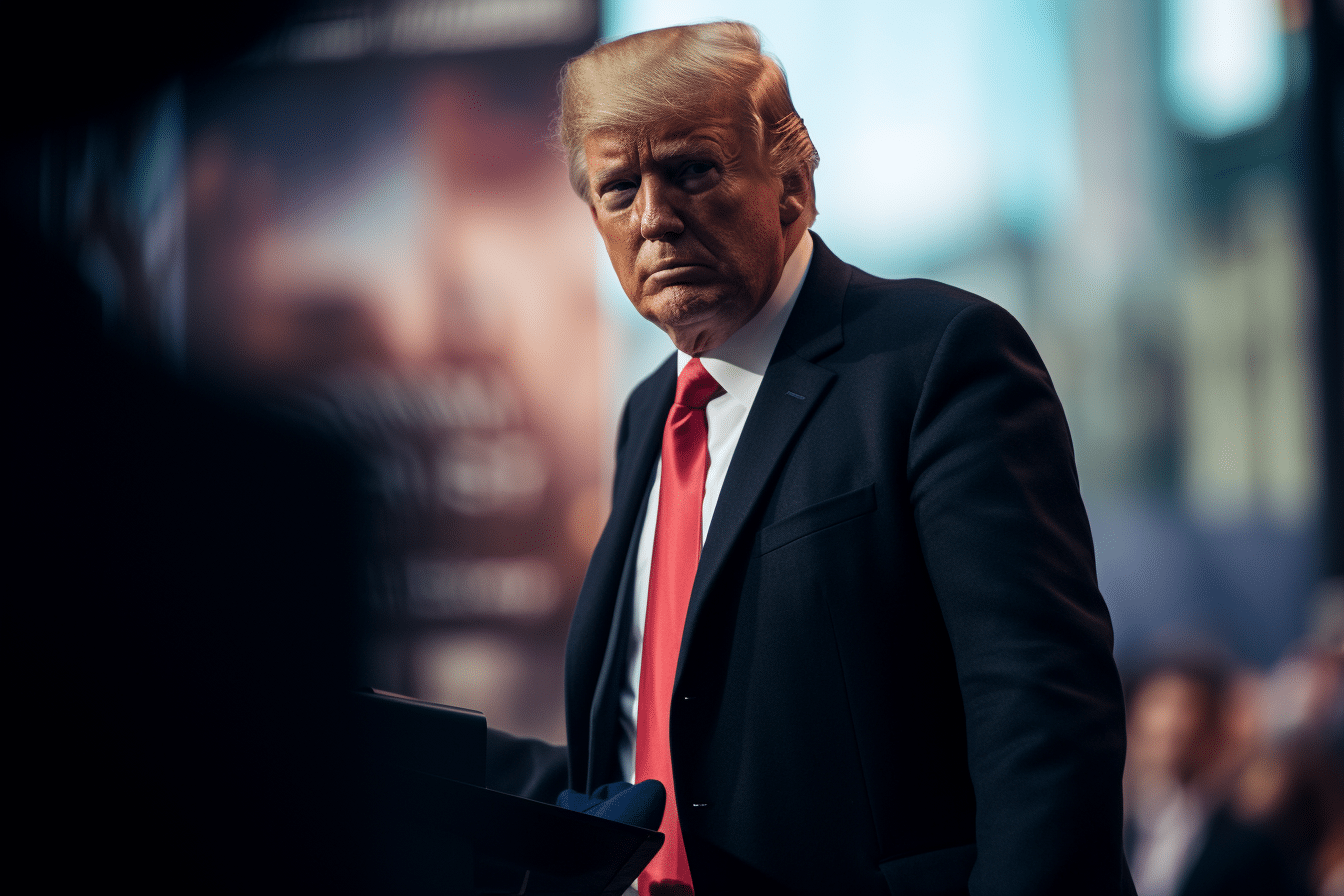
In a landmark move, U.S. District Judge Tanya Chutkan, presiding over Donald Trump’s federal election interference case, expressed concerns regarding the scope of a proposed gag order aimed at Donald Trump. The proposal, set forth by special counsel Jack Smith’s team, is intended to limit Trump’s potentially damaging rhetoric about critical players involved in the case, which includes witnesses and prosecutors.
Judge Chutkan expressed her skepticism when Trump’s lawyer, John Lauro, framed the gag order as an attempt to “censor a political candidate in the middle of a campaign.” She responded, “We’re not talking about censorship here. We’re talking restrictions to ensure a fair administration of justice on this case.” The judge’s remarks highlight the difficult task of balancing Trump’s First Amendment rights and maintaining the case’s integrity.
However, the judge did not dismiss the defence’s arguments completely. Despite firmly refuting the notion of unrestricted First Amendment rights for Trump, she indicated that the prosecutors’ proposal might be overreaching. Prosecutor Molly Gaston argued that Trump’s online posts could “motivate people to threaten others,” potentially intimidating witnesses and jeopardizing the fairness of the trial.
Interestingly, Judge Chutkan also took time to address comments made by Trump about her, labelling her as a “radical Obama hack.” She emphasized that free speech should not be used to encourage harassment or threats against individuals simply performing their duties.
This case and the proposed gag order underscore the unprecedented complexities of prosecuting a presidential candidate. Any restrictions on Trump’s speech could be viewed as political persecution, a narrative that his campaign has already begun to weave. The case’s unique nature suggests that any decisions regarding the gag order might reach as high as the U.S. Supreme Court.
Trump’s team has described the gag order as unconstitutional and a blatant attempt at censorship. However, the defence’s claim contrasts with a recent decision from a New York judge who imposed a limited gag order on Trump during a civil fraud trial.
The more significant issue at stake is the potential impact on the integrity of the case and the court’s proceedings. The overarching question remains: How can the judiciary maintain the sanctity of the trial process while upholding a defendant’s constitutional rights, especially one as prominent as a presidential candidate?
As the legal proceedings evolve, the nation and the world watch closely. The decisions made in this case could set a precedent for future trials involving high-profile individuals. Above all, the balance between the freedom of speech and the justice system’s integrity remains at the forefront of the discourse.
